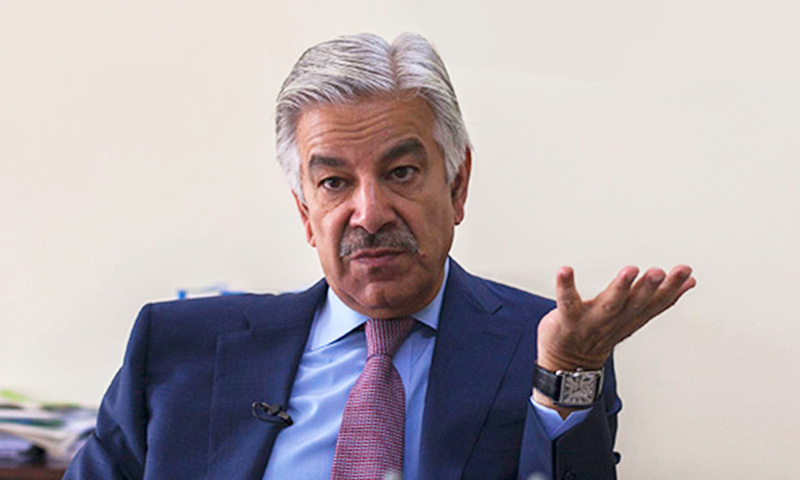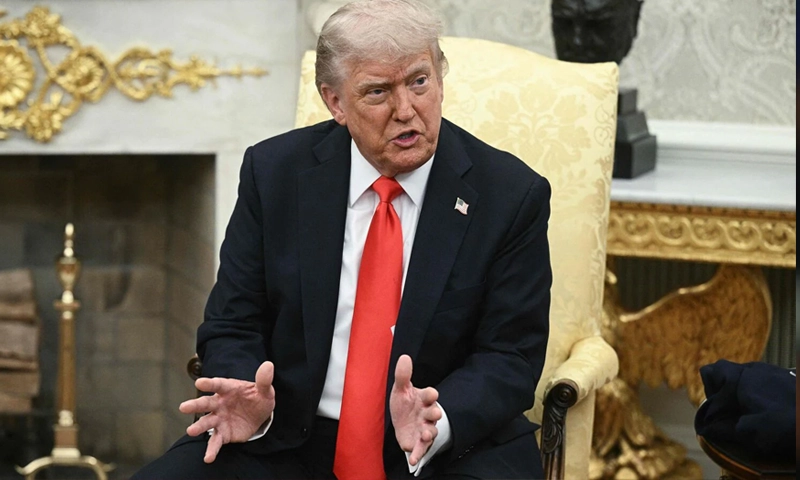- Web Desk
- 4 Minutes ago
Khawaja Asif calls for court martial of former Army Chief Qamar Bajwa
-

- Web Desk
- Nov 21, 2025

WEB DESK: Defence Minister Khawaja Asif has said former army chief Gen Qamar Javed Bajwa (retd) was responsible for the political upheaval of 2018 and should face a court martial for his role. Speaking on Hum News’ programme Hum Dekhain Gay, he said Gen Bajwa “must be tried for what he did to this country”.
Discussing the recently passed 27th constitutional amendment, Asif said it would bring “significant improvements” to the governance system. Several proposals, including strengthening local governments, were dropped during consultations, he added. He argued that provinces should share the burden of foreign debt repayment and defence expenditure instead of leaving the responsibility entirely to the federation.
Asif said Pakistan’s position on the two-state solution for Palestine remains unchanged. He reiterated the need for a robust local government system, noting that while local bodies exist, they lack meaningful powers. “All provincial governments have resisted strengthening local institutions,” he said, adding that even in military regimes local governance saw greater empowerment.
The minister also commented on political cases, claiming global consensus exists that Nawaz Sharif was wronged in the Panama proceedings, which went directly to the Supreme Court. He rejected criticism that the latest amendments undermine judicial independence, saying all political parties were consulted and would again be taken into confidence for the 28th amendment.
On security, Asif criticised the KP government’s approach to prisons and political visits, recalling that during the PTI tenure, leaders such as Maryam Nawaz were denied family access. He said Pakistan remains in a “state of conflict” with Afghanistan due to cross-border terrorism, adding that recent attacks in Wana and Islamabad involved militants entering from Afghan territory. He noted that Qatar, China and others were working to help stabilise the region, but India’s influence over Kabul remained a “major obstacle” to peace.




